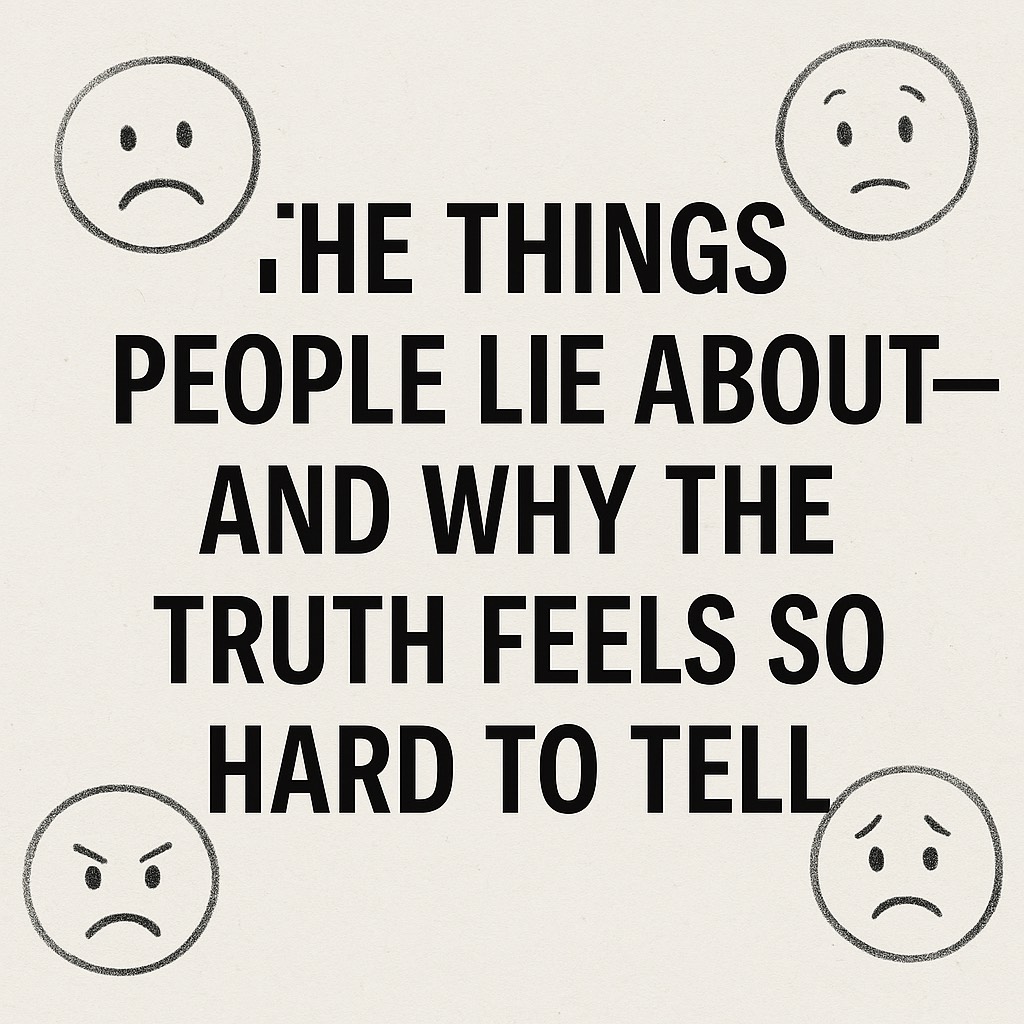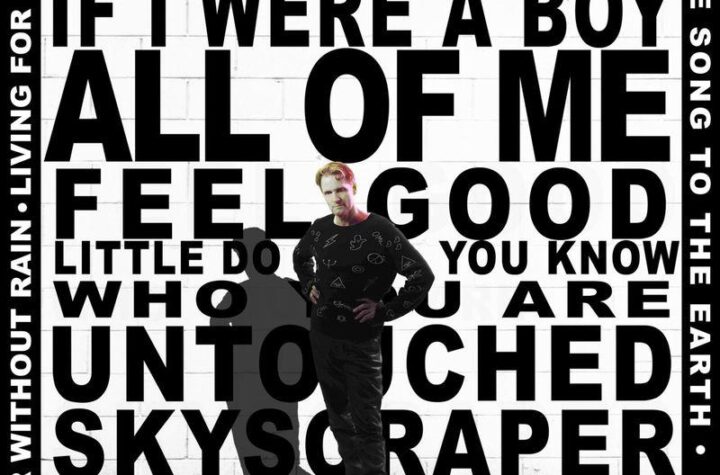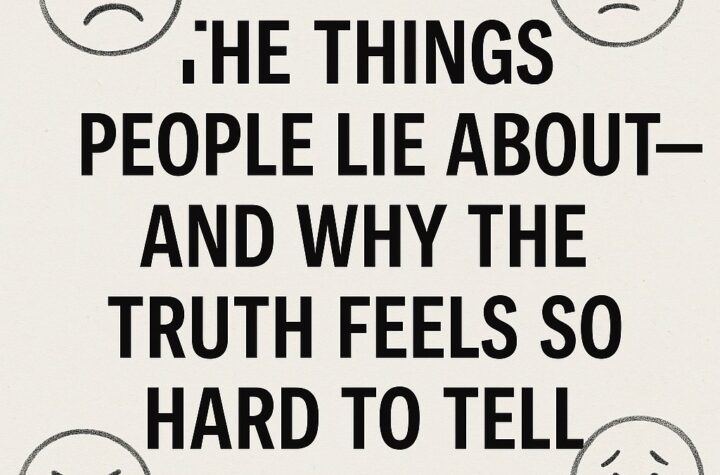
Lying isn’t always as black-and-white as we’d like to believe. Sometimes it’s overt — bold-faced, deliberate. Other times, it hides behind smoke and mirrors, dressed up as strategy, curation, or even “branding.” But at its core, a lie is still a lie, and no matter how small or polished it seems, it always tells a deeper story about what someone is trying to protect or project.
What People Lie About — and How
People lie about all kinds of things: their income, relationships, success, appearance, and even their beliefs. And with the rise of social media, the line between truth and perception has gotten even murkier. One example? Someone gets a short online article or a mention in a well-known magazine — a great achievement in itself — but then goes on to post a fake digital cover on social media, implying they were the face of the issue. Or worse, they create an entirely fabricated magazine graphic with their name on it, even if the mention was just a sentence in a roundup article. Yes, they were featured — but no, they weren’t the cover story. So is that celebration… or deception?
Another example? Someone tells you, “I don’t follow business pages on Instagram,” yet they follow multiple business pages — even ones more impersonal or unrelated than yours. And when you look at your own profile, it’s clearly a personal account. They then say, “I respect you,” but their actions send mixed signals. You’re left wondering: Is that respect… or just a polite excuse?
These may not be lies in the traditional sense, but they are distortions. They are carefully worded or curated moments that create a version of reality someone wants others to believe — even if it’s not quite true.
Why Do People Choose to Lie?
At the heart of most lies is fear — fear of judgment, rejection, being seen as less than. Lying becomes a shield, a way to protect image, ego, or opportunity. Sometimes it’s about trying to fit into a world that rewards appearance over authenticity.
Social media plays a huge role in this. Everyone wants to look successful, connected, important. So instead of saying, “I was mentioned in a great article,” people will say, “Look at my cover feature!” even if it didn’t happen. The pressure to appear accomplished can outweigh the value of being transparent.
Sometimes people lie to avoid awkwardness or confrontation — like saying they don’t follow certain pages when the truth might just be they didn’t want to follow yours. But in the process, they make you question their honesty, their consistency, and their intent.
The Impact of These “Little” Lies
The problem with these kinds of lies is that they slowly chip away at trust. Even when they seem small or harmless, they say something about the person’s relationship with truth — and with the people around them. When someone says one thing and does another, it sends mixed signals. It makes you wonder: What else aren’t they being upfront about?
Lying to look better, avoid confrontation, or dodge feelings might work in the short term, but long term? It damages relationships, credibility, and personal growth. It’s harder to respect someone who hides behind filters and half-truths than someone who’s honest, even when it’s uncomfortable.
The Power of Telling the Truth
Telling the truth isn’t always easy. It takes vulnerability and a willingness to be seen, flaws and all. But truth is freeing. When you own your story — exactly how it is — you don’t need fake covers or excuses. You let your real accomplishments speak for themselves. You stop needing to twist the truth to fit into someone else’s version of success.
And when you truly respect someone, you show it not just through compliments, but through honesty and alignment between words and actions.






More Stories
Are We Really Friends… Or Just Convenient to Each Other?